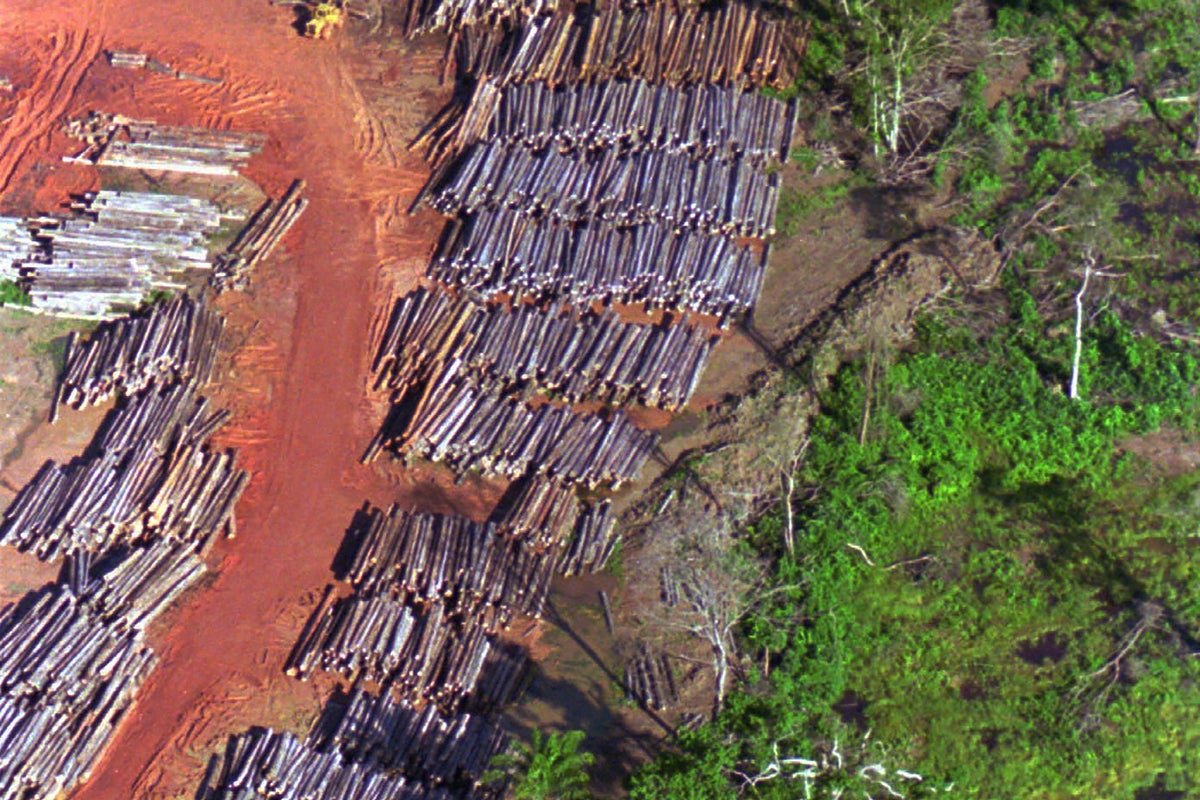Suriname’s government has promised to permanently protect 90% of its tropical forests, a step that conservationist says is among the most ambitious climate and biodiversity commitments, each made by an Amazonian nation.
The message came during the Climate Week in New York City. Foreign Minister Melvin WJ Bouva delivered the promise on behalf of President Jennifer Geerlings-Simons, who took office two months ago.
Suriname already has the world’s highest proportion of forest covering, with approx. 93% of his country blanket in tropical rainforest. Most of it remains primary forest untouched by logging, agriculture or mining. Scientists say that Surinam is one of onely three country all over the world that absorbs more carbon dioxide than it emits a so-called “carbon wash” — what makes its forests a critical buffer against global warming.
“We understand and accept the enormous responsibility of managing over 15 million hectares of tropical rainforest in a world that sees her forests falling in and day out,” said Geerlings-Simons in remarks released by her office.
The promise far exceeds the “30×30” global target-a-not-supported targets for countries to protect 30% of land and oceans by 2030. It comes weeks before the COP30, the UN’s climate summit that will host Belem, Brazil, in the heart of the Amazon Rainforest.
Suriname’s government says it will update conservation legislation at the end of the year to create strong protection for its advance. The new framework could also recognize the ancestors’ countries in original and maroon people – descendants of slave Africans who escaped into the rainforest – and aims to expand the possibilities of ecotourism and the growing carbon credit market.
A coalition of environmental donors has committed $ 20 million to help fund the effort and local support jobs linked to forest protection.
Conservationists hated the speed as hitherto so far for the Amazon, where deforestation has risen again this year despite international promises to turn forest loss.
“This sets a new standard for the Amazon region as a whole that has suffered from severe deforestation in recent decades,” said Russell Mittermeier, chief protection manager at Re: Wild, a global conservation nonprofit.
Suriname’s rainforests Harbor Jaguars, Giant River Otters, Tapirs and more than 700 bird species as well as the striking blue poison dart seed. Attorneys say it is important to keep such ecosystems intact not only for local communities, but also to stabilize the global climate.
Requires legal recognition and enforcement
Hugo Jabini, a lawyer from Suriname’s Saamaka Maroon society and a Goldman-Environmental Prize winner in 2009, said the promise will mean a little unless the government addresses long-standing original and strange landing rights.
“Surinam is the only country in the Western Hemisphere, where the Indigue and the stemlable land rights are not legally recognized,” he told Associated Press. “Without recognition, the very people who are dependent on the forest – and who are best placed to protect it – can really really protect it.”
He warned that illegal mining, logging and road construction is already threatening communities despite international court decisions that require Surinam to stop concessions. Protecting 90% of the forest, he added, will require international support to create sustainable alternatives to extraction.
Sirito Yana Aloema, President of the Original People in Surinam, also farmed that the mortgage will be meaningless without enforcement. But Aloema warned that weak infrastructure, corruption and lure of illegal mining undermines the effort.
He said that original communities want to be recognized as legal guardians for the forest.
“To protect our forests, we have to be in the woods,” he said. “The best people to do this are the Indigue people and the Maroon people.”
___
Associated Press’ Climate and Environmental Guide receives financial support from several private foundations. AP is responsible for all content alone. Find AP’s standards to work with Philanthropies, a list of supporters and funded coverage areas at AP.org.
